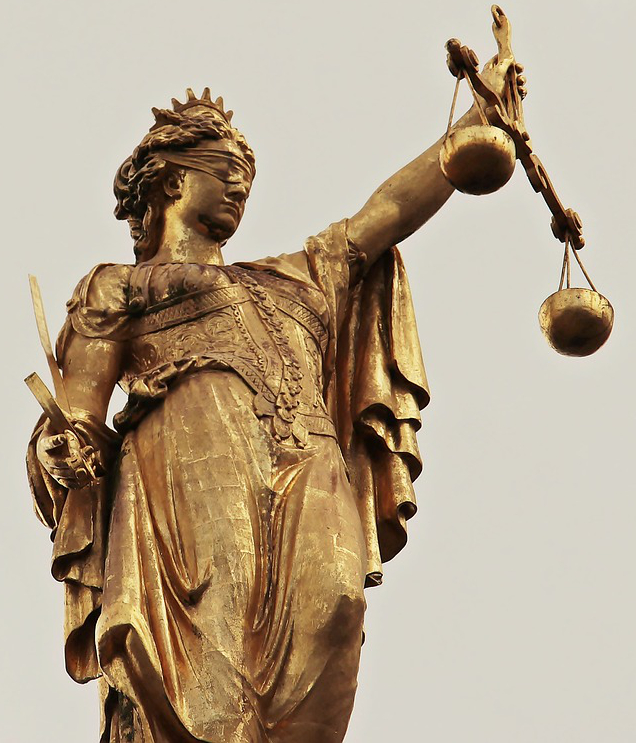Special Criminal Court was wrong to exclude Garda belief evidence

The Special Criminal Court was wrong to exclude the belief evidence of a Garda chief superintendent on the basis that he would not provide information on the basis of his belief, the Court of Appeal has ruled.
The non-jury court had, in the trial of two men charged with IRA membership, excluded belief evidence given pursuant to section 3(2) of the Offences Against the State (Amendment) Act 1972, following the refusal of the chief superintendent to provide information on the basis of his belief.
The DPP had also indicated that prosecuting counsel would not review the file of the Garda witness in order to assess if any disclosure of evidence could be made to the defence.
After the two men were acquitted, the DPP appealed, contending that the trial court erroneously excluded compelling evidence, that is to say the belief evidence of the chief superintendent.
In a 46-page judgment, Mr Justice Paul Birmingham held that the Special Criminal Court ought to have admitted the belief evidence and then proceeded to consider what weight, if any, was to be attached to it. The court went on to dismiss the DPP’s appeal and ruled that the case will not be re-tried.
The Irish Human Rights and Equality Commission had appeared as amicus curiae in the case and made submissions concerning the lack of safeguards around the use of belief evidence in the Special Criminal Court.
Following the ruling, chief commissioner Sinéad Gibney said: “The Commission welcomed the opportunity to contribute to the court’s deliberations on this important trial focused on the procedural safeguards required for a fair trial.
“This judgment brings further clarity in relation to the admissibility of belief evidence given in trials under the Offences Against the State Act.”









